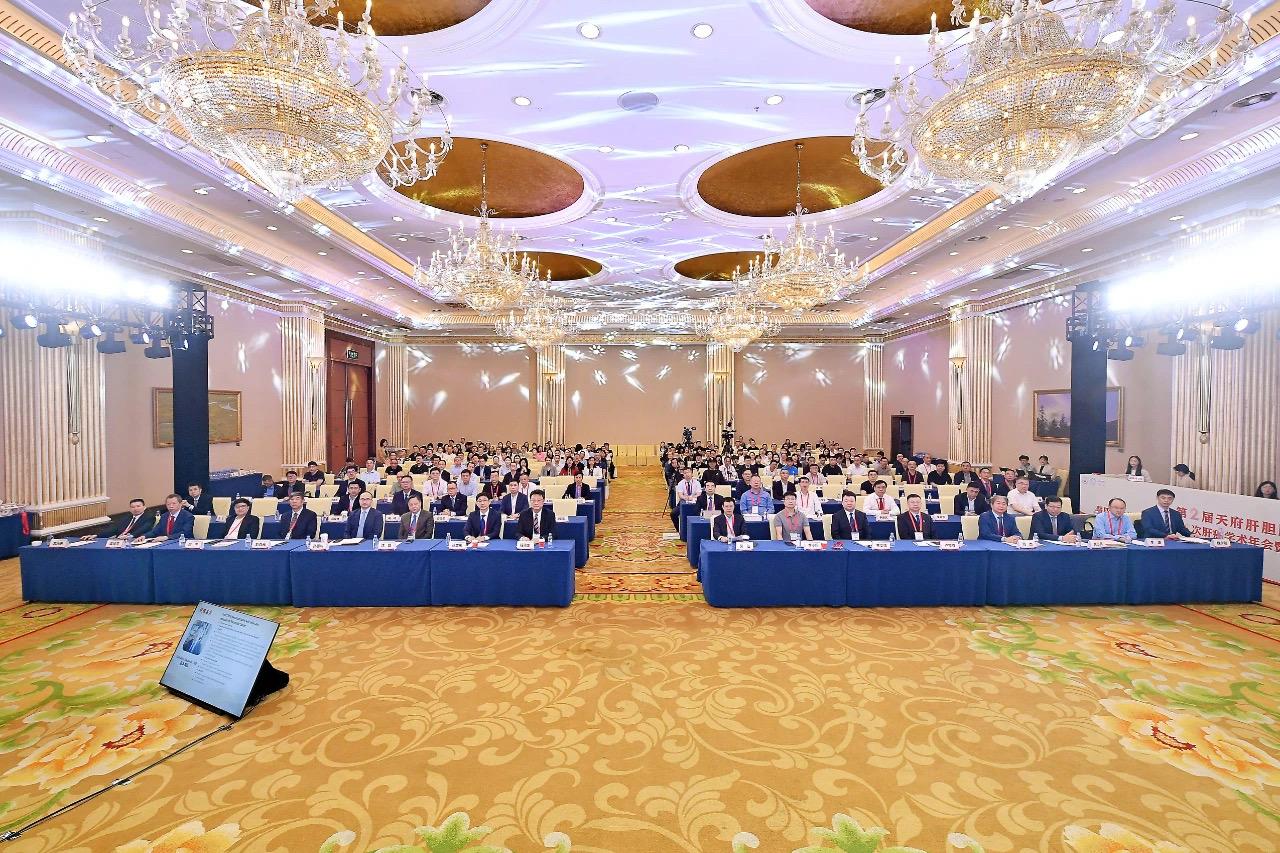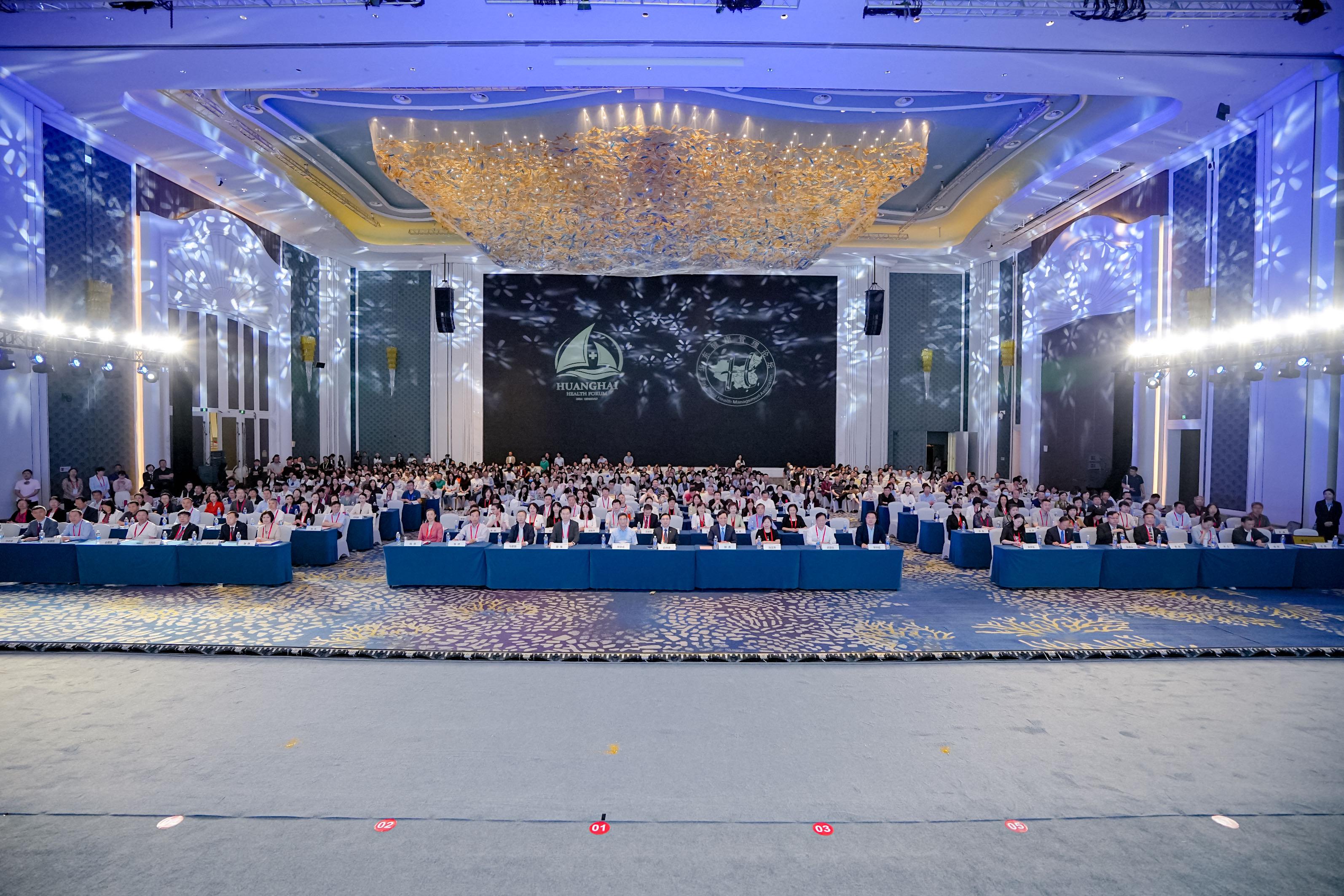Highlight of the 2024 Academic Annual Meeting of the Medical Testing and Rehabilitation Special Committee of the Chinese Rehabilitation Medical Association
The academic annual meeting of the Medical Laboratory and Rehabilitation Committee of the Chinese Rehabilitation Medicine Association was grandly held at the Baolong Hotel in Shanghai from May 31 to June 1, 2024. Renowned experts in the fields of laboratory medicine and rehabilitation medicine from across the country gathered in Shanghai to engage in in-depth academic exchanges and discussions on new clinical testing technologies, methods, and applications involved in rehabilitation medicine, such as oncological diseases, cardiovascular and cerebrovascular diseases, and metabolic diseases.

At the Rehabilitation Laboratory Management Forum held on the morning of June 1st, Professor Zhang Tao, Director of the Laboratory Department of Shuguang Hospital Affiliated to Shanghai University of Traditional Chinese Medicine, presented a themed report on "New Biomarkers Assisting Early Diagnosis and Treatment of Primary Liver Cancer". Director Zhang's presentation on the diagnostic pathway for liver cancer in China and the application of miRNA7™ in early diagnosis and treatment of primary liver cancer was extensively and brilliantly shared, and received widespread praise from attending experts.
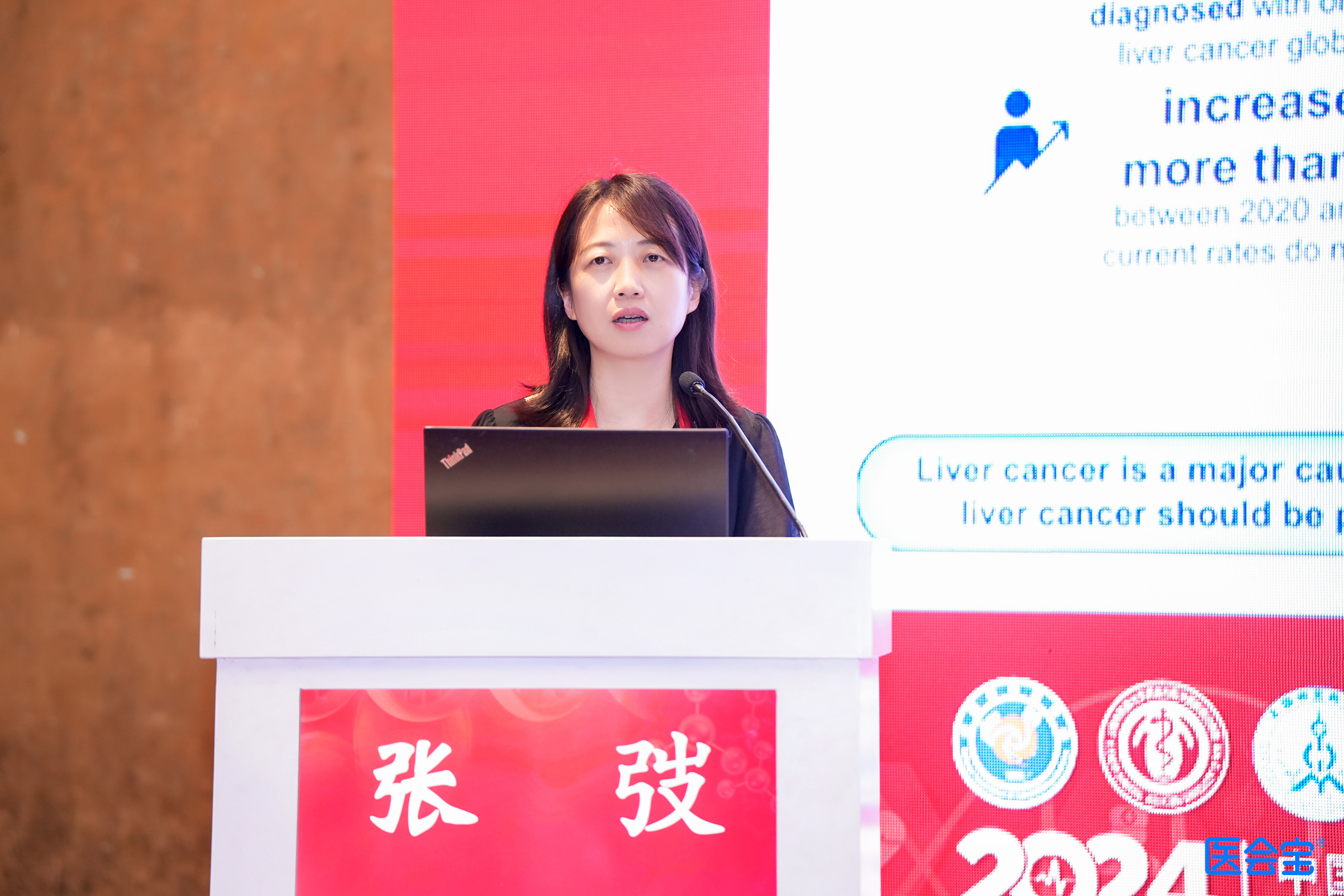
Director Zhang pointed out that liquid biopsy has shown important value in early diagnosis and efficacy evaluation of tumors. The Diagnosis and Treatment Guidelines for Primary Liver Cancer (2024 Edition) recommend that high-risk individuals for liver cancer undergo screening at least once every 6 months. In addition to traditional screening methods such as ultrasound and serum alpha fetoprotein (AFP), the world's first liver cancer diagnostic kit, seven microribonucleic acid testing kits miRNA7™, as an innovative screening model for liver cancer in China, it can effectively improve the early diagnosis rate of liver cancer and promote early diagnosis and treatment of liver cancer. The new version of China's liver cancer diagnostic roadmap specifies that for high-risk populations for liver cancer, if nodules with an intrahepatic diameter of ≤ 1 cm, 1-2 cm, and>2 cm are found without at least one typical liver cancer feature, imaging examinations can be conducted every 2-3 months for follow-up, combined with serum AFP, DCP, and 7 microRNA combinations to clarify the diagnosis.
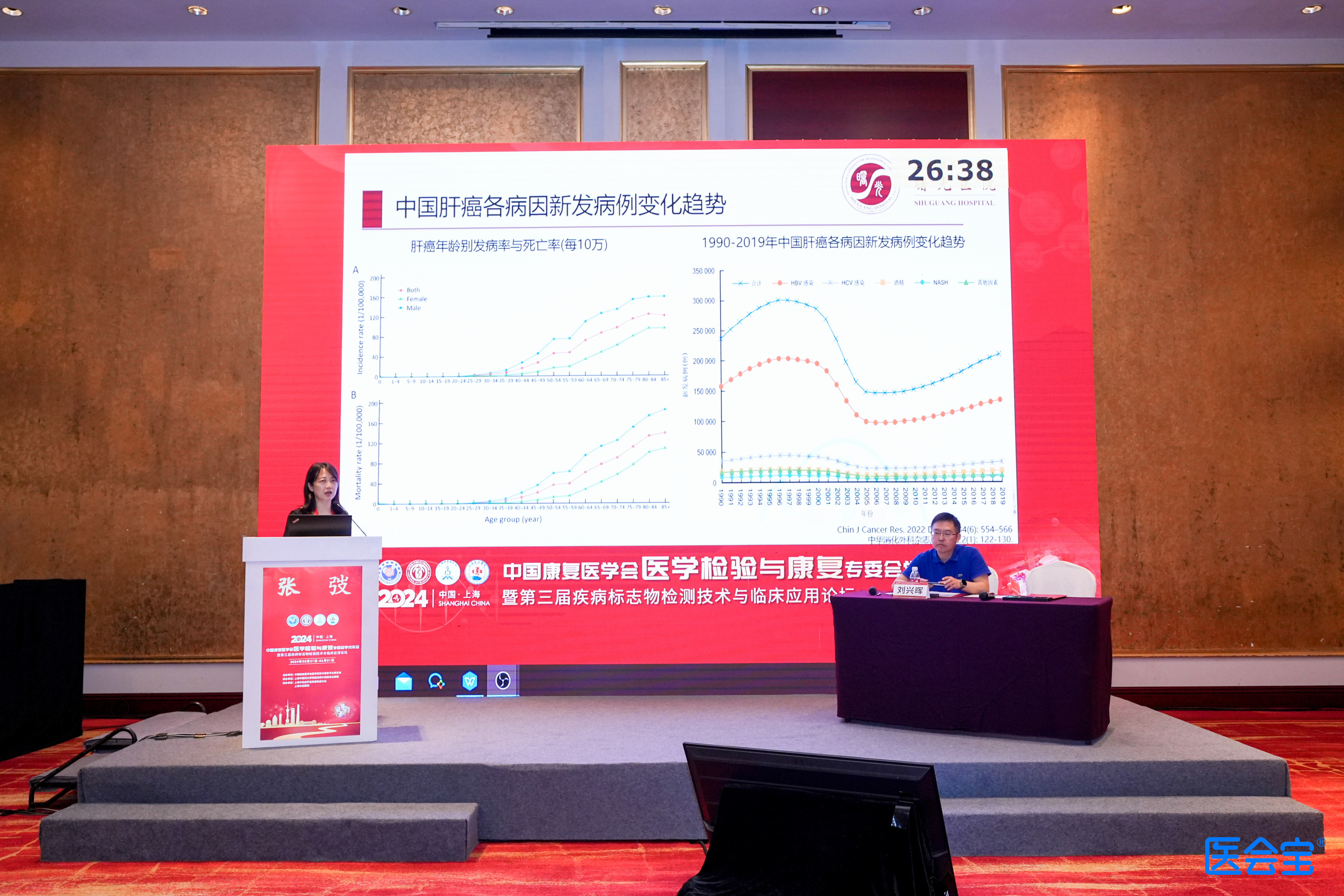
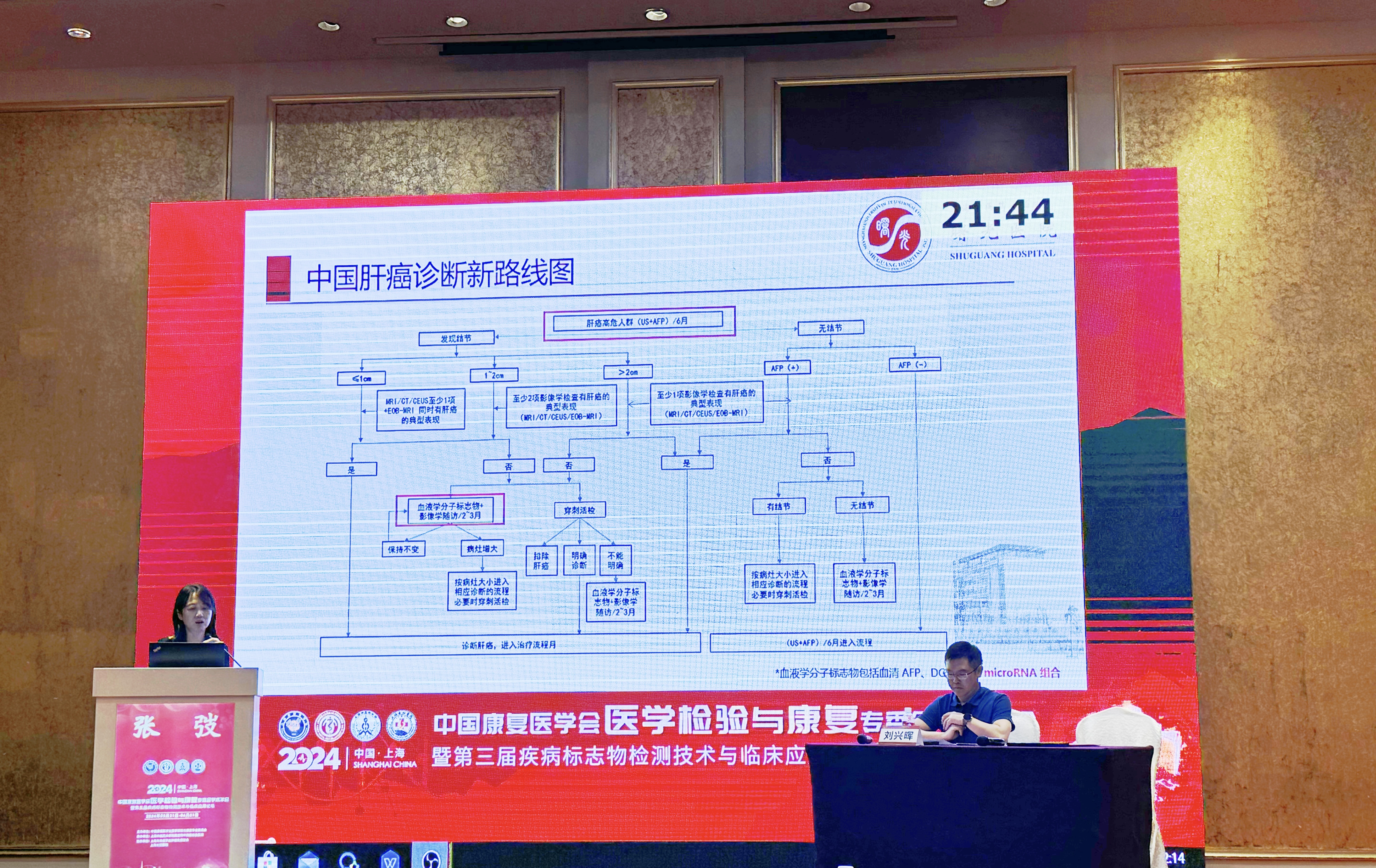
She further introduced the clinical application of miRNA7™. According to clinical real-world sample data of 22613 cases from 2019 to 2021, the diagnostic efficacy of miRNA7™ for extremely early liver cancer (BCLC stage 0, single tumor less than 2cm) is significantly better than AFP and DCP. In addition, miRNA7™ can predict early postoperative recurrence, and plasma miRNA7 status has been detected as positive before AFP and DCP elevation or imaging detection of recurrence. The median time from the first positive change of plasma miRNA7 to tumor recurrence after surgery is 2.4 months (0.5-10.0 months). According to the recommendations of the 2024 new guidelines for follow-up of liver cancer patients after surgery, patients need to have a follow-up visit 1-2 months after surgery, and then closely monitor imaging and changes in oncological markers such as AFP, DCP, and 7 microRNA combinations every 3 months.
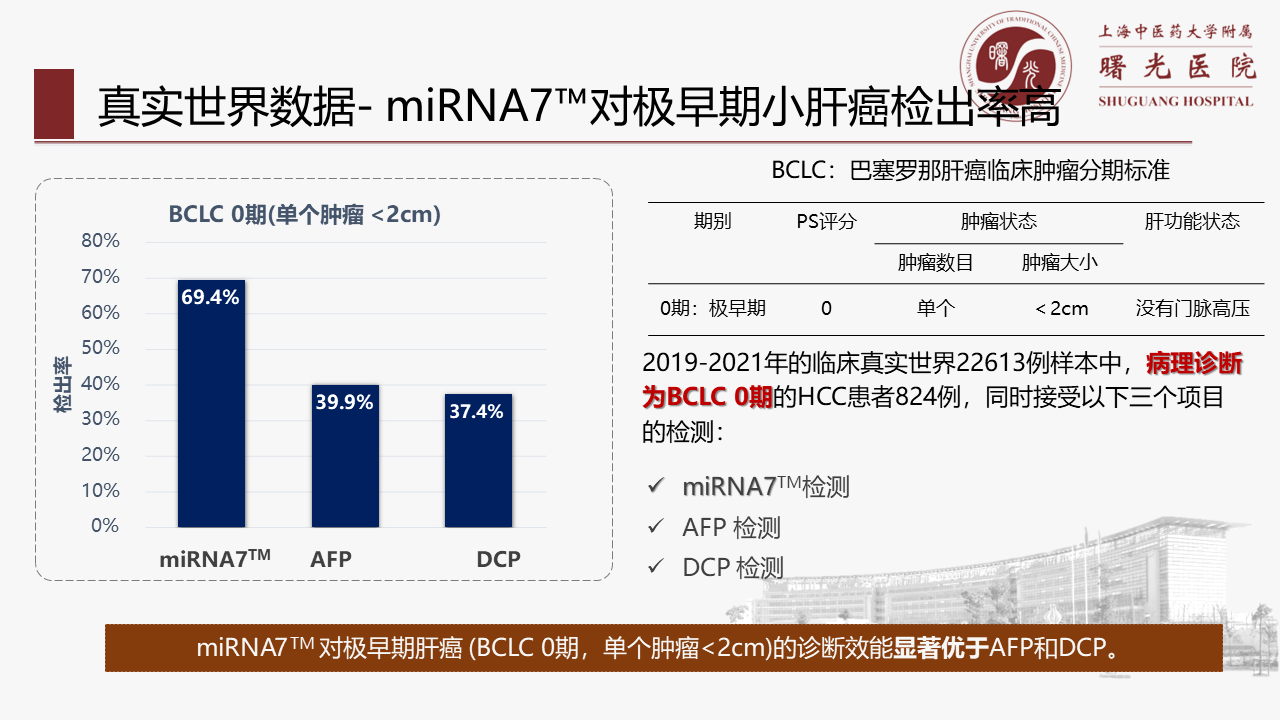
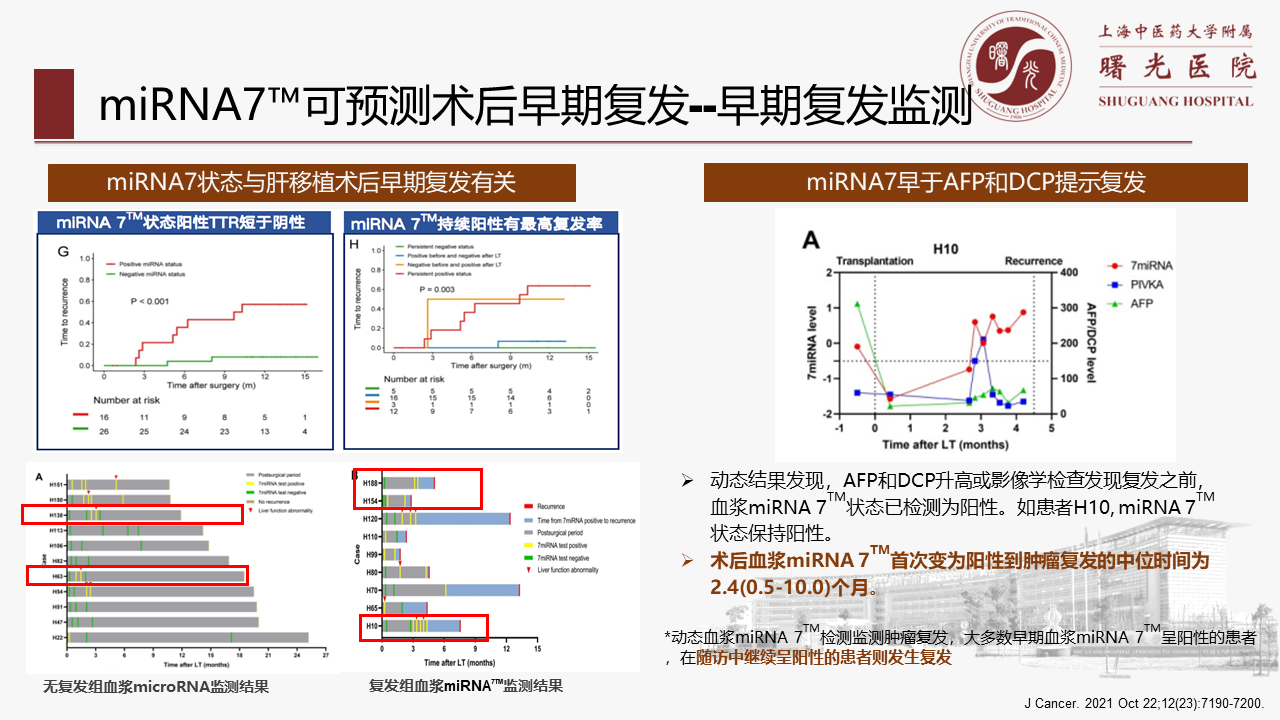
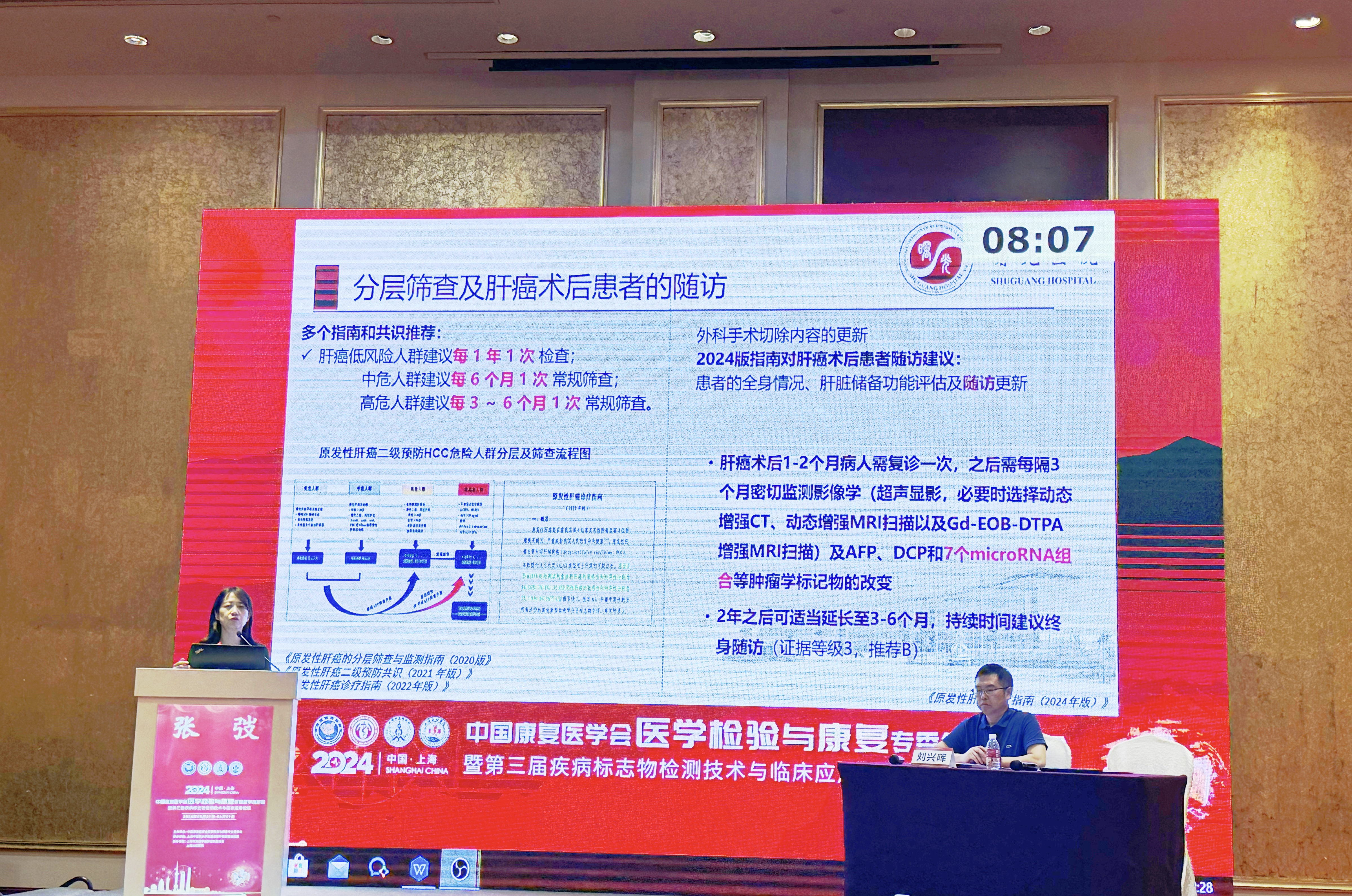
Finally, Director Zhang summarized that based on the updated content of the 2024 guidelines for the diagnosis of liver cancer in China, miRNA7™ and emerging technologies and models has been affirmed to play a role in early detection of liver cancer which smaller than 1cm, effectively improving the early diagnosis rate. In terms of clinical application, miRNA7™ can significantly improve the detection rate of very early liver cancer and is also significantly superior to other traditional liver cancer biomarkers in recurrence monitoring, especially for AFP negative populations. In addition, the new guideline mentions a total of 12 microRNA combinations, which fully proves miRNA7™, the detection kit miRNA7 based on 7 microRNA combinations is significantly important to liver cancer diagnosis.
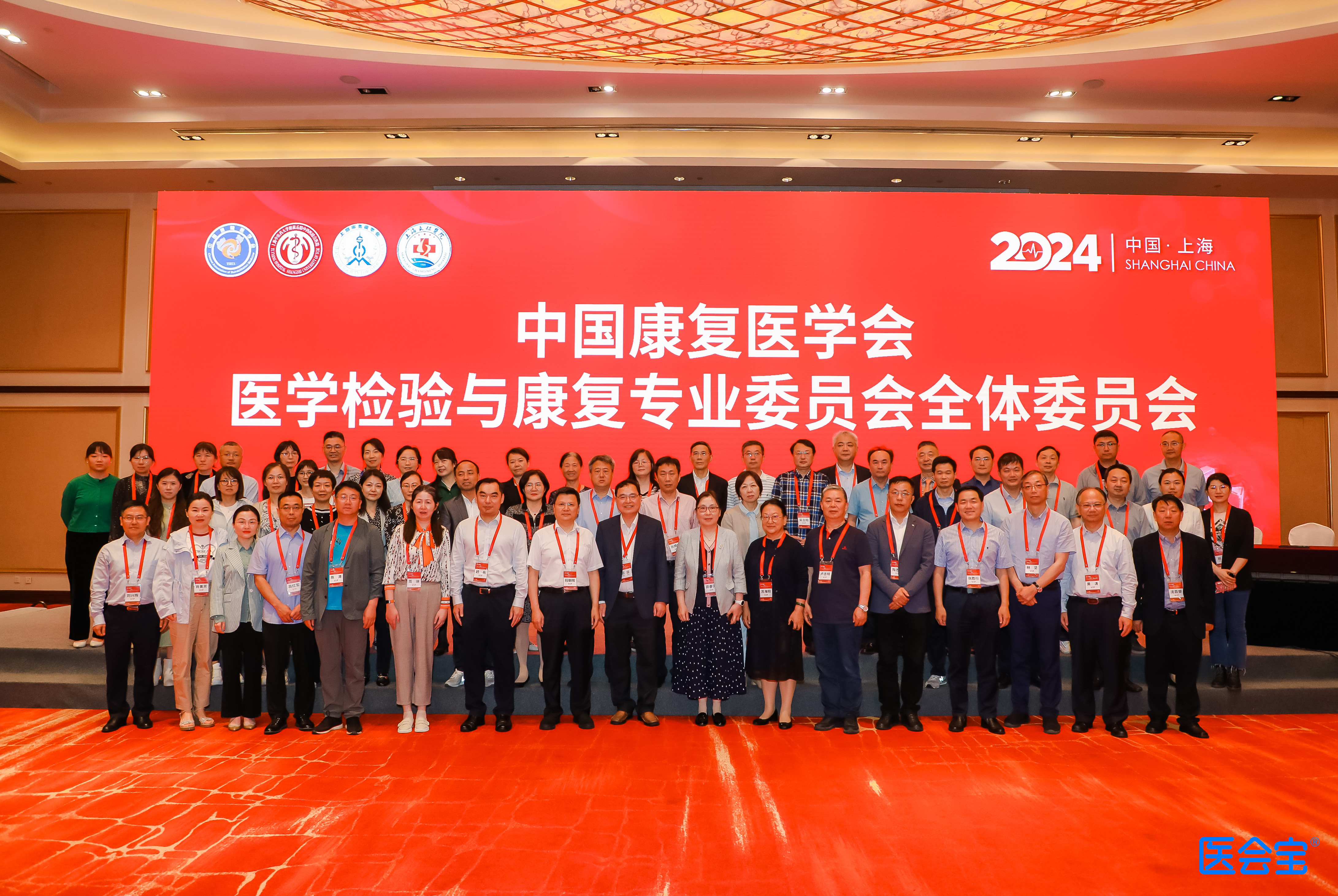
This conference fully reflects the latest research progress and application of interdisciplinary, integrated, and collaborative development between laboratory medicine and rehabilitation medicine. We believe that through the experience exchange and discussion at this conference, will actively promote the implementation of the full cycle management system for tumors, improve clinical standardized diagnosis and treatment capabilities as well as tumor prevention and treatment capabilities, and continuously improve the national health level.


